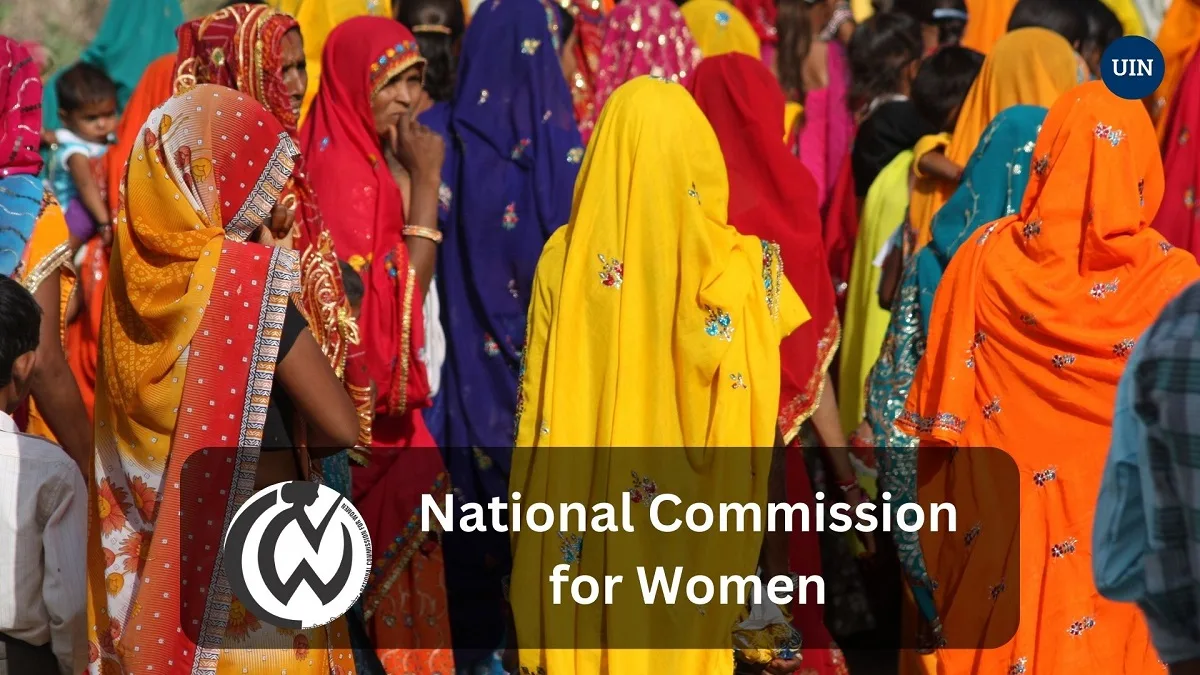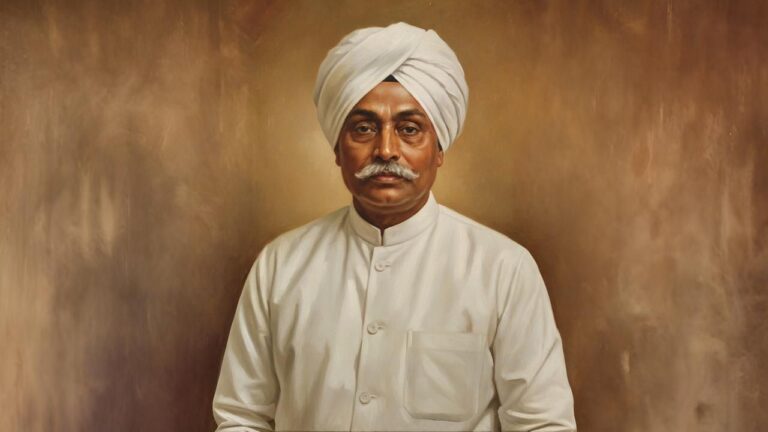
Strengthening Women's Commissions in India: A Path to Empowerment and Justice
Women’s commissions in India were established with the noble aim of safeguarding the rights and interests of women, both at the national and state levels. The National Commission for Women (NCW) and State Commissions for Women were envisioned to be the voice of women, advocating for gender equality, policy changes, and the elimination of discrimination.
However, over time, certain challenges and controversies have emerged, pointing to the need for critical improvements in their functioning. Addressing these issues can help the commissions realize their full potential in empowering women and safeguarding their rights.
Table of Contents
Role of Women’s Commissions
The National Commission for Women (NCW) is a statutory body established under the Indian Constitution to represent and advocate for women’s rights. It advises the government on policy matters related to women and addresses issues such as dowry, political representation, labor exploitation, and discrimination. Additionally, State Commissions for Women, operating in various states and union territories, work with similar objectives and powers as the NCW.
Objectives and Functions
The primary objectives of women’s commissions are to represent women’s rights, offer policy advice, safeguard constitutional provisions, handle complaints of violations, and empower women through various initiatives. They conduct research, raise awareness, provide legal aid, offer training, and make policy recommendations to create a more inclusive society.
Challenges Faced by Women’s Commissions
Women’s commissions encounter challenges related to inadequate resources and autonomy, political interference, and limited awareness among women, especially in rural areas. Overcoming these challenges is crucial to ensuring their effectiveness in protecting women’s rights and promoting gender equality.
Controversies Surrounding Women’s Commissions
Instances of delayed responses and victim-blaming in certain high-profile cases have led to controversies surrounding the functioning of women’s commissions. Addressing these issues will require a proactive approach and a victim-centered perspective.
Achievements of the NCW
Despite challenges and controversies, the NCW has achieved significant milestones in the area of women’s rights. It has strengthened laws related to women’s rights, provided counseling and support to victims, monitored the implementation of workplace harassment laws, and conducted awareness campaigns against social evils.
Strategies for Improvement
To enhance the effectiveness of women’s commissions, transparent appointment processes, regular social audits, increased field visits, improved awareness, empathy, and sensitivity training, and collaboration with stakeholders are essential. These strategies will help build public trust, ensure accountability, and strengthen the commissions’ efforts towards women empowerment and justice.
Conclusion
Women’s commissions in India have the potential to play a pivotal role in advancing gender equality and ensuring women’s rights. By addressing challenges, controversies, and shortcomings, these commissions can become more effective advocates for women and contribute significantly to building a more inclusive and just society. Through transparent and accountable practices, greater empathy, and proactive measures, women’s commissions can fulfill their intended purpose and positively impact the lives of women across the country.
Click to Know: National Commission for Women






